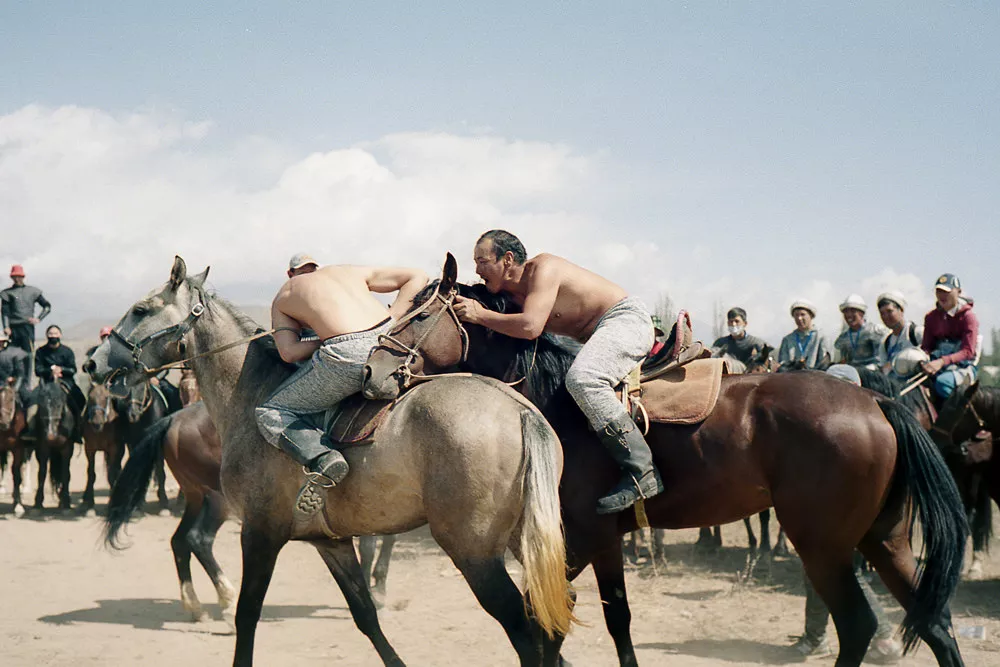
World nomad games showcase Central Asian sports and culture in Kazakhstan
The fifth edition of the World Nomad Games, held in Astana, Kazakhstan, concluded on September 13, bringing together athletes from 89 countries in a celebration of traditional nomadic sports and culture.
One of the key highlights was kokpar, a horseback sport in which riders compete to carry a headless goat carcass toward the goal. Kazakhstan won the tournament, defeating Kyrgyzstan in the final. This sport and others featured in the games are part of an effort to preserve the ancient traditions of the Great Steppe, with President Kassym-Jomart Tokayev emphasizing the importance of passing these traditions on to future generations.
The World Nomad Games, sometimes compared to the Olympics of nomadic sports, featured over 2,000 athletes from countries including Angola, Argentina, Sweden, and Turkmenistan. Athletes competed in 21 traditional games rooted in the "three games of men"—archery, wrestling, and horse racing—showcasing skills that have been passed down through generations of steppe-dwelling peoples.
Other significant events included audaryspak, a horseback wrestling competition, and kusbegilik, a hunting game where birds of prey such as golden eagles and falcons compete. Wrestling styles like Qazak Quresi and Kurash also captivated spectators, while the Powerful Nomad Strongman Competition tested athletes' strength through events like weightlifting and pulling heavy objects.
Kazakhstan led the medal count with 112 medals, including 43 golds, followed by Kyrgyzstan with 65 medals and Russia with 49. Italy’s Betty Vuk won her country’s first-ever gold in traditional Kazakh wrestling, while Hungary surpassed several countries, including Turkey and India, by winning eight medals. Other winning nations included Romania, Poland, Moldova, France, and Australia, highlighting the growing global interest in Central Asian games and martial arts.
The next edition of the World Nomad Games is scheduled for 2026 in Kyrgyzstan, but there are discussions about expanding the event to other regions. Kazakhstan's vice-minister of Tourism and Sports, Zharasbayev Serik Maratovich, indicated that future games could potentially be held in North America by 2030 or 2032.
The 2023 World Nomad Games also offered Kazakhstan an opportunity to highlight its nomadic heritage. The opening ceremony, held beneath a traditional yurt, symbolized the interconnected history of past nomadic empires. President Tokayev used the occasion to call for global unity and to showcase the rich cultural heritage of the Kazakh steppes to the world.
As the World Nomad Games continue to evolve, they serve as a unique platform for promoting the traditions of Central Asia while fostering international participation and cultural exchange.







